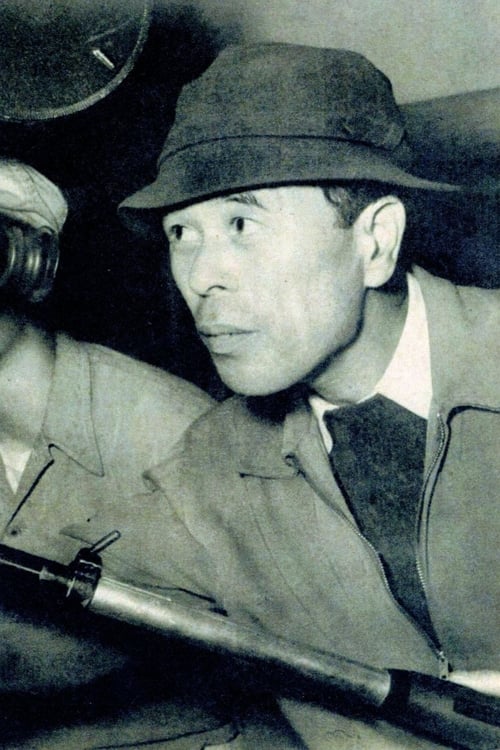Asakazu Nakai
Birth : 1901-08-29, Kobe, Hyōgo Prefecture, Japan
Death : 1988-02-28
History
Asakazu Nakai (Japanese: 中井朝一; August 29, 1901 – February 28, 1988) was a Japanese cinematographer, born in Kobe. He worked on a dozen films with filmmaker Akira Kurosawa. He was nominated for the Academy Award for Best Cinematography for his work in the film Ran (1985). In 1950 he won the award for Best Cinematography at the Mainichi Film Concours for Stray Dog.
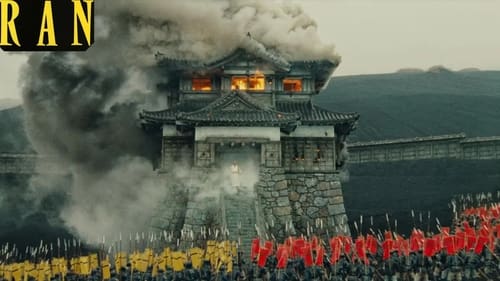
Director of Photography
With Ran, legendary director Akira Kurosawa reimagines Shakespeare's King Lear as a singular historical epic set in sixteenth-century Japan. Majestic in scope, the film is Kurosawa's late-life masterpiece, a profound examination of the folly of war and the crumbling of one family under the weight of betrayal, greed, and the insatiable thirst for power.
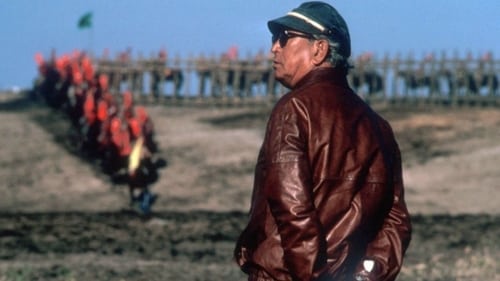
Self
In 1985, Chris Marker traveled to Japan to attend the filming of Ran, directed by Akira Kurosawa. Marker analyzes the progress of filming; the infinite patience of a team under the orders of a meticulous director down to the smallest detail; the antithetical mixture of the modern with the traditional; of the real with the fictitious; of life with cinema… and literature.
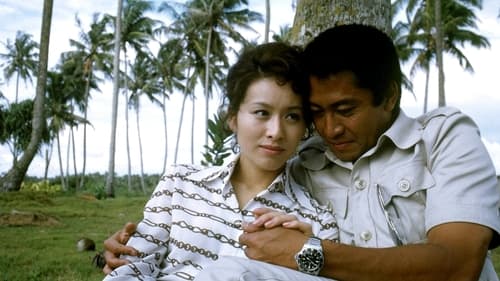
Director of Photography
A Japanese businessman is sent to Sri Lanka and meets a beautiful Japanese woman with a past. They befriend an old Japanese-Indian widow who has an estranged son in Japan.
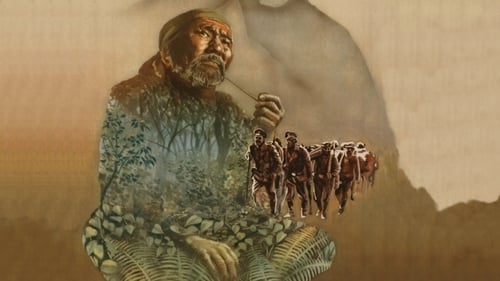
Director of Photography
A military explorer meets and befriends a Goldi man in Russia’s unmapped forests. A deep and abiding bond evolves between the two men, one civilized in the usual sense, the other at home in the glacial Siberian woods.

Director of Photography
Richness, severity and pureness of love is beautifully and sentimentally depicted.

Director of Photography
A high-schooler involved in turn-of-the-decade student movements works to escape his comfort zone and apply himself.

Director of Photography
A Toho film featuring the comedy duo Konto 55, (コント55号), comprised of comedians Kinichi Hagimoto and Jiro Sakagami.

Director of Photography
Four sisters are all named after flowers. While the two youngest are married, the eldest two remain single, much to the annoyance of their long-suffering mother. The mother and her brother try various schemes to find husbands for them.

Director of Photography
Aspiring to an easy job as personal physician to a wealthy family, Noboru Yasumoto is disappointed when his first post after medical school takes him to a small country clinic under the gruff doctor Red Beard. Yasumoto rebels in numerous ways, but Red Beard proves a wise and patient teacher. He gradually introduces his student to the unglamorous side of the profession, ultimately assigning him to care for a prostitute rescued from a local brothel.
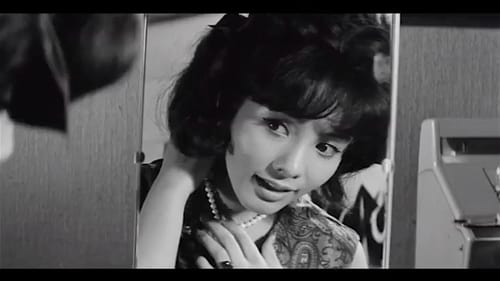
Director of Photography
Five swindle stories, taking place in five international cities: Tokyo, Japan ("Fumiko's Five Benefactors" by Hiromichi Horikawa); Amsterdam, The Netherlands ("A River of Diamonds" by Roman Polanski); Naples, Italy ("The Road Map" by Ugo Gregoretti); Paris, France ("The Man Who Sold the Eiffel Tower" by Claude Chabrol); and Marrakesh, Morocco ("The Confidence Man" by Jean-Luc Godard). Godard's segment was not included in the original French cinema release, and Polanski's segment was not included on the 2016 home disc release.
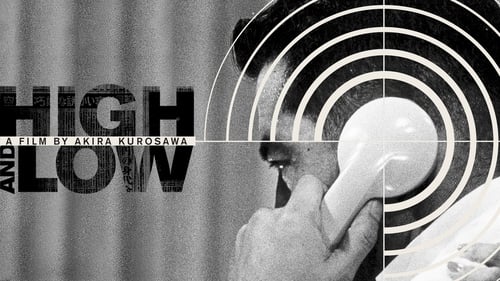
Director of Photography
An executive of a shoe company becomes a victim of extortion when his chauffeur's son is kidnapped and held for ransom.
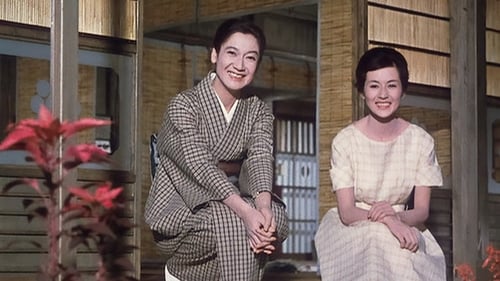
Director of Photography
The family of an older man who runs a small sake brewery become concerned with his finances and his health after they discover him visiting an old mistress from his youth.
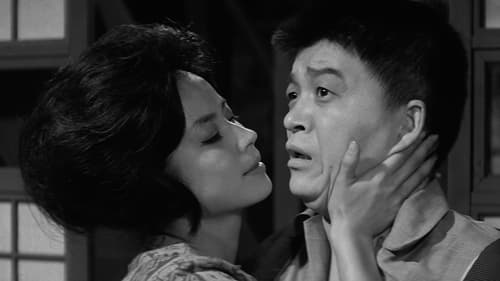
Director of Photography
In the late 1950's prostitution was banned in Japan and if a woman was found exercising this profession they were sent to a reformatory. This is a story of one of these brave women Kuniko who is released from the reformatory and tries to build a new life.

Cinematography
Starring Akira Takarada as a lightweight boxing champion.

Director of Photography
Tatsuya Nakadai plays a scheming low-level executive who plays labor against management and uses anyone he can to further his career in this moral drama. When things get too hot, he bails and goes to work for a prominent politician (Koreya Senda). Soon he has impregnated the daughter (Yoko Tsukasa) of his boss, but he figures marriage will solve his current problems. His happiness is short-lived when he is stalked by a union radical he once double-crossed who now seeks vengeance.

Director of Photography
Suspense drama about a married salaryman whose affair with one of his co-workers is compromised when, returning from a clandestine meeting with his lover, he runs into a neighbor who is later accused of murder. Questioned by police about the neighbor, and blackmailed by his lover's neighbor, the salaryman's lies lead him on a path to destruction.
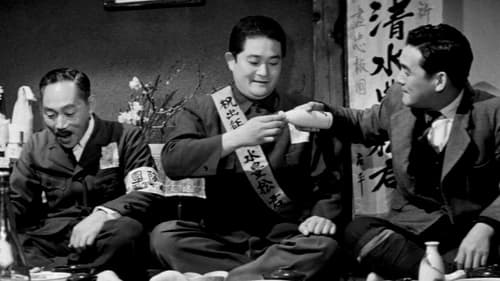
Cinematography
On a post-war peaceful day in Japan, Toyomatsu Shimizu, a barber as well as a good father and husband, is suddenly arrested by the Prefectural Police as a war criminal and sued for murder.

Director of Photography
Ryuta and Mineo Komatsu are brothers, both yakuza (gangsters). Mineo, although complicit in crime, even murder, wants out of the gangster life, hoping to become a successful singer instead. Ryuta loves his brother, but Mineo's possible defection presents problems for the gang, and Ryuta realizes he must kill his brother if he wants to survive.

Director of Photography
Ultra-perky model likes single freedom but feels ryosai kenbo ("good wife, wise mother") pressure, exemplified by her bored-to-tears sister.

Director of Photography
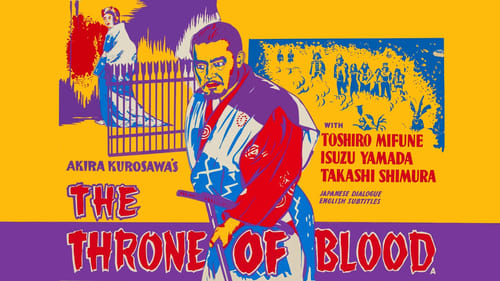
Director of Photography
Returning to their lord's castle, samurai warriors Washizu and Miki are waylaid by a spirit who predicts their futures. When the first part of the spirit's prophecy comes true, Washizu's scheming wife, Asaji, presses him to speed up the rest of the spirit's prophecy by murdering his lord and usurping his place. Director Akira Kurosawa's resetting of William Shakespeare's "Macbeth" in feudal Japan is one of his most acclaimed films.
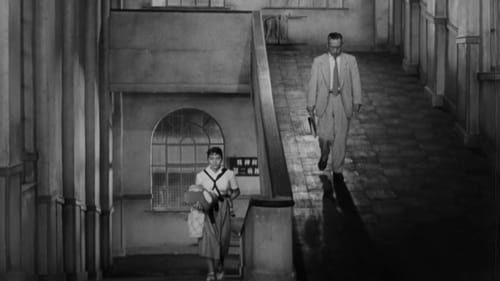
Director of Photography
Kiichi Nakajima, an elderly foundry owner, is convinced that Japan will be affected by an imminent nuclear war, and resolves to move his family to safety in Brazil. His family decides to have him ruled incompetent and Dr. Harada, a Domestic Court counselor, attempts to arbitrate.
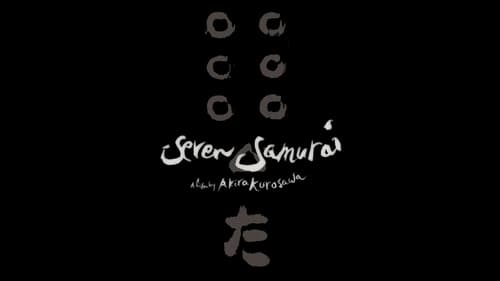
Director of Photography
A samurai answers a village's request for protection after he falls on hard times. The town needs protection from bandits, so the samurai gathers six others to help him teach the people how to defend themselves, and the villagers provide the soldiers with food.

Director of Photography
A math teacher loses his job while falling in love with a local girl.

Director of Photography
A married couple looking for an apartment move in with the husband's co-worker, a widower. The husband becomes jealous of the widower and his wife.
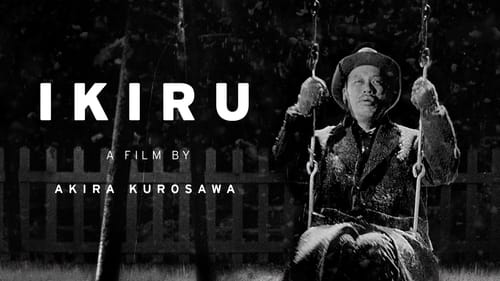
Director of Photography
Kanji Watanabe is a middle-aged man who has worked in the same monotonous bureaucratic position for decades. Learning he has cancer, he starts to look for the meaning of his life.

Cinematography
Ikeuchi was captain of the K - University ice hockey team. The daughter Shikotsuko of Ginza 's western restaurant "Piccolo" was also a female student at K University and was a figure player. They had a dream of being dispatched to Oslo in the Olympic Games and were struggling in each way. Mizuno who runs a sports equipment store in Ginza, showed the geisha by guiding the junior's Ikeuchi and others to the shop of Shimbashi one day.

Director of Photography
The troubled relationship between a writer and his ballet teacher wife, who has for years loved another man, finally leads to the breakup of the family.

Cinematography
Wataru Naohiko who has the prosecutor general as his father became a young composer and its symphony "saint" invoked the world echoed. But his disciple Uchiyama and his best friend prosecutor Daisuke Toki accused his music as a sesame of pause-only technique, not a truly heart-hungry art.
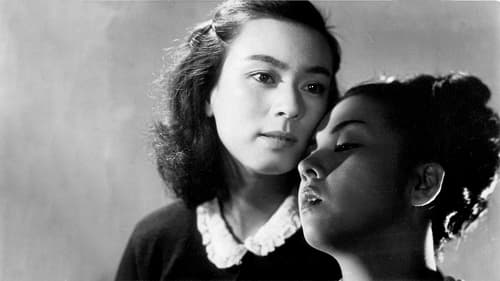
Director of Photography
Clothes of Deception initiated Yoshimura’s most characteristic vein. This geisha story is often described as a loose remake of Mizoguchi’s pre-war masterpiece Sisters of Gion (1936), but this is inexact. Whereas in Mizoguchi’s study of two sisters, both women had been geisha, in Yoshimura’s film only Kimicho (Kyo Machiko) is, while her sister works in the Kyoto tourist office. Juxtaposing a traditional Kyoto profession with a modern one, Yoshimura shows how life in the old capital was changing in the wake of wider transformations in Japanese society.
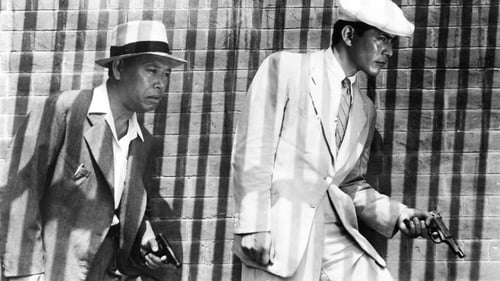
Director of Photography
A bad day gets worse for young detective Murakami when a pickpocket steals his gun on a hot, crowded bus. Desperate to right the wrong, he goes undercover, scavenging Tokyo’s sweltering streets for the stray dog whose desperation has led him to a life of crime. With each step, cop and criminal’s lives become more intertwined and the investigation becomes an examination of Murakami’s own dark side.

Director of Photography
Continuation of The Blue Mountains: Part I. Released a week later.

Director of Photography
Teacher Yukiko finds herself in opposition to conservative faculty and villagers after defending a student for being in a relationship with a young man from Tokyo.
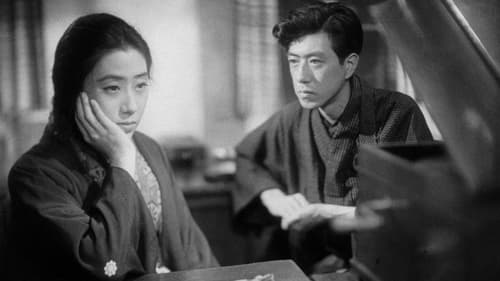
Director of Photography
Sumako, a country girl, becomes a great actress with the help of Hogetsu,a scholar who brought some of European realism to the Japan's stage. The relationship leads to the end of his marriage and the breakup of his Arts Society. This is another version of Kenji Mizoguchi's film "The Love of Sumako the Actress" ("Joyû Sumako no koi"), from the same year. Both tells the story of the famous actress Sumako Mitsui (1886-1919), considered the first great modern theater actress in Japan. Mizoguchi himself is said to have preferred Kinugasa's version.
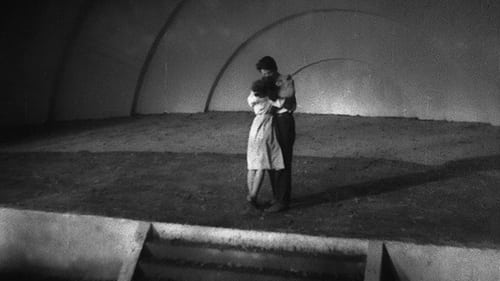
Director of Photography
Yuzo and his fiancée Masako spend their Sunday afternoon together, trying to have a good time on just thirty-five yen. They manage to have many small adventures, especially because Masako's optimism and belief in dreams is able to lift Yuzo from his realistic despair.
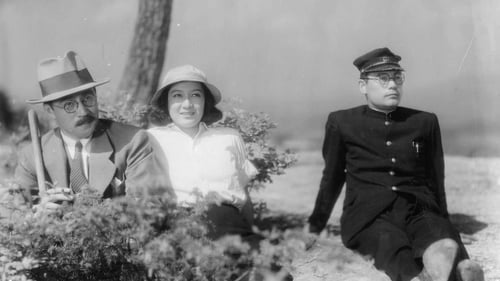
Director of Photography
Yukie, the well-bred daughter of a university professor, is shocked when her father is relieved of his post for his political teachings during a purge of anti-militarism in pre-war Kyoto. Years go by as she is courted by two of her father's former students; one a fiery leftist, the other more moderate and equable.

Director of Photography
1946 Toho film directed by Kiyoshi Saeki
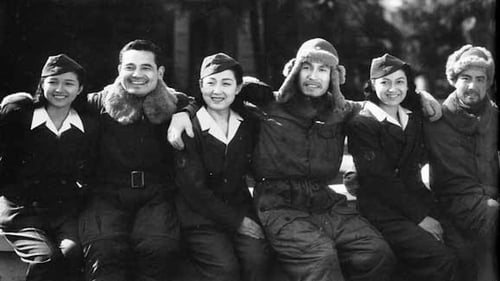
Director of Photography
The story of an airport and its air traffic control crew in a remote and northern Japanese town. Three of the air traffic controllers are female with one of them working with her dead fiancé's sister. The engaged man had gone to war and never returned.
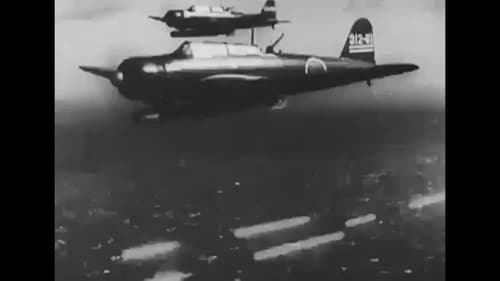
Director of Photography
Three IJN flyers Mikami (Susumu Fujita), Kawakami (Masayuki Mori) and Murakami (Akitake Kono) are good friends, and they are all renowned for their torpedo techniques. Mikami is posted as a staff officer at a base on an island in the Pacific. Kawakami and Murakami later joins him as the base squardron is reinforced. The enemy task force approaches the island and all three of them attack the fleet, killing themselves in the process.

Director of Photography

Director of Photography
A self-absorbed young actor humiliates an elderly Noh performer, who then commits suicide. His act of cruelty compels his father to disown him, leading the once promising actor to a life on the streets. But his desire to win back the respect of his father and the affection of the dead actor's daughter pushes him toward a more noble existence. Naruse employed a delicately structured mise-en-scene in this family melodrama, which evokes the work of Josef von Sternberg.
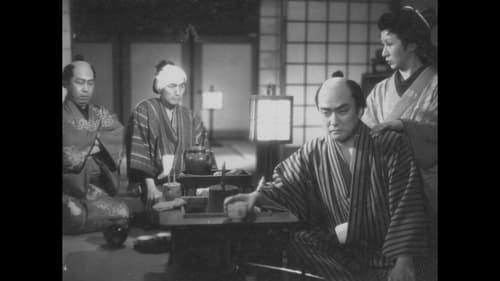
Director of Photography
A jidaigeki film on Banzuiin Chōbei produced in 1940 and directed by Yasuki Chiba.

Cinematography
Hideko, a young Baseball fan, determined to cheer for her favourite baseball team by creating a new song for them.

Cinematography
When Kaoru's sister-in-law Miyoko arrives at the family home, tender feelings start to grow between the two. However, the initial happiness that Kaoru finds in the company of her beautiful sister-in-law is frustrated by her brother Mitsuo, Miyoko's husband, who intervenes in their budding passion. Full of unspoken words, deeply suggestive mise-en-scène, and forbidden glances, Fukujuso is a compelling melodrama that surprises us with its potent homoeroticism, especially considering its year of production.

Director of Photography
When Kaoru's sister-in-law Miyoko arrives at the family home, tender feelings start to grow between the two. However, the initial happiness that Kaoru finds in the company of her beautiful sister-in-law is frustrated by her brother Mitsuo, Miyoko's husband, who intervenes in their budding passion. Full of unspoken words, deeply suggestive mise-en-scène, and forbidden glances, Fukujuso is a compelling melodrama that surprises us with its potent homoeroticism, especially considering its year of production.
